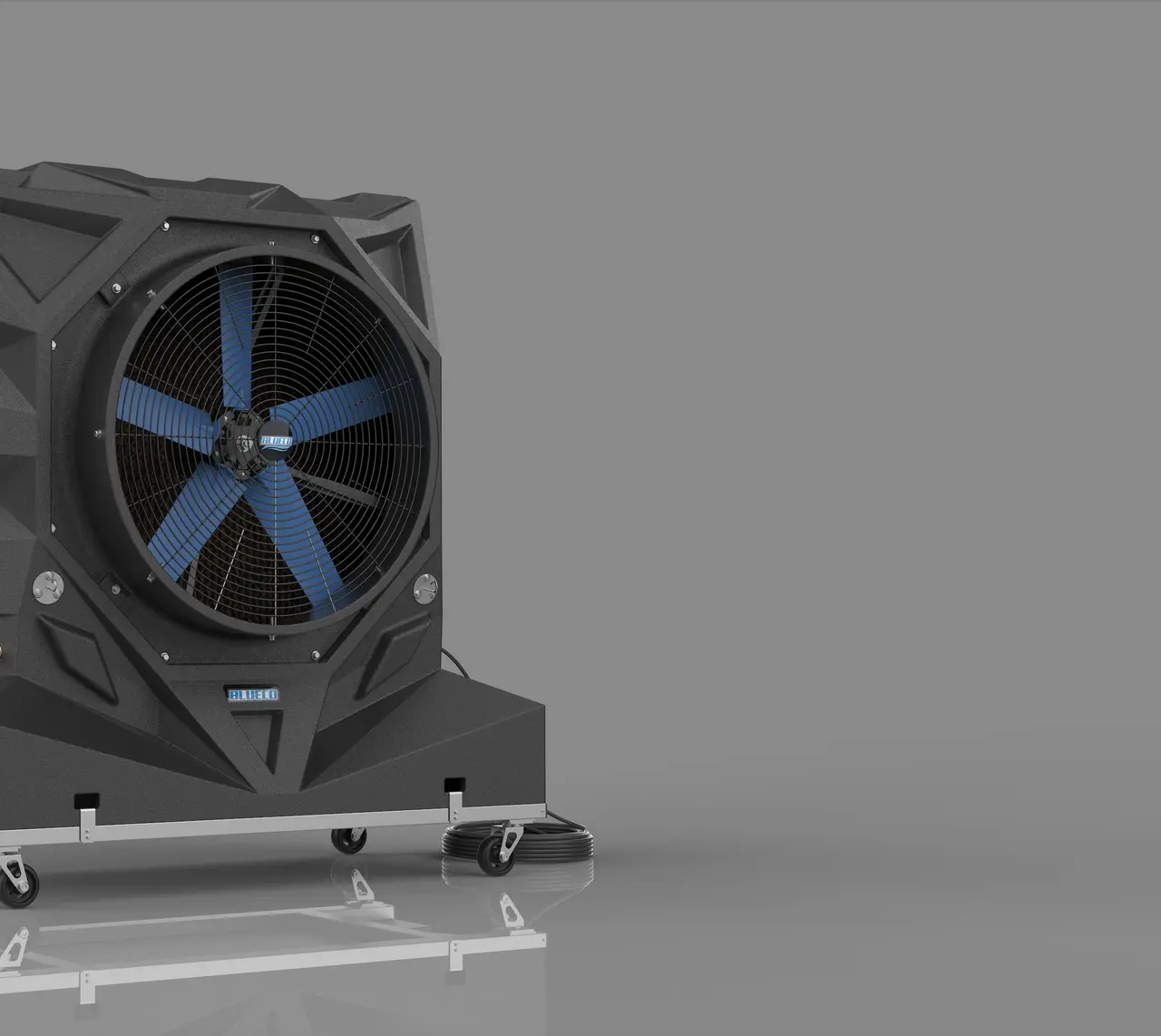Understanding the differences between industrial and residential cooling systems can help you make informed decisions whether you’re managing a facility or looking to upgrade your home system. In this guide, we’ll break down the main distinctions, making it easy to grasp even if you’re new to the topic.
Understanding Industrial Cooling Systems
Industrial cooling systems are complex and robust. Typically designed for large facilities or manufacturing plants, these systems manage the significant heat generated by machinery and equipment. Unlike residential cooling systems, which focus primarily on comfort, industrial cooling is a necessity for operational efficiency.
These systems manage cooling requirements that can reach thousands of tons of cooling capacity. For instance, in environments like power plants or chemical manufacturers, cooling is vital for both productivity and safety. Without it, equipment could overheat, causing downtime and potentially hazardous conditions.
In addition to their size, industrial cooling systems also feature advanced technology. From chillers to cooling towers and ice storage systems, they require specialized knowledge for installation and maintenance to function optimally. The expertise involved ensures that they can handle fluctuating load demands and extreme weather changes, which is crucial for industrial operations.
Features of Residential Cooling Systems
Residential cooling systems cater mainly to comfort and energy efficiency. These systems, including central air conditioning, window units, and mini-splits, deliver cool air to smaller environments, helping homeowners maintain a pleasant indoor climate year-round.
Most residential systems are designed to be user-friendly and energy-efficient. Many come equipped with programmable thermostats and smart technology that allows homeowners to control temperatures remotely, optimizing energy use while providing comfort.
The installation of residential cooling systems is generally straightforward and less invasive compared to industrial systems. Homeowners can often rely on local contractors for routine maintenance, which is vital for the longevity and efficiency of their units.
Key Differences between Industrial and Residential Cooling
The primary difference between industrial and residential cooling lies in their scale and purpose. Industrial cooling systems handle much larger air volumes and are built for continuous operation under extreme conditions, whereas residential systems prioritize comfort and efficiency for individual homes.
Cost is another factor. Industrial systems are typically more expensive due to their scale and the complexity involved in their operation and maintenance. In contrast, residential systems offer a more budget-friendly solution, suitable for homeowners looking to invest in comfort without breaking the bank.
Moreover, the technology embedded in these systems varies significantly. Industrial cooling often includes advanced technologies designed for monitoring and efficiency management, while residential systems focus more on ease of use and basic temperature control.
Applications and Use Cases
Industrial cooling systems are employed in a variety of sectors, including manufacturing, telecommunications, and pharmaceuticals. In manufacturing plants, for example, these systems prevent heat from negatively affecting production processes.
On the other hand, residential cooling systems find their applications predominantly within homes and small offices. Their ability to maintain comfortable living conditions makes them essential for any home, especially in regions with extreme summer heat.
In spaces like movie theaters, restaurants, and retail environments, residential cooling solutions ensure patrons enjoy a comfortable experience, while industrial systems in similar commercial contexts ensure the safety and operability of machinery and equipment.
Choosing the Right System for Your Needs
When considering which cooling system to choose, identifying your specific needs is paramount. If you’re managing a large facility with substantial cooling demands, investing in a robust industrial cooling system may be the answer.
Conversely, homeowners in need of efficient climate control for a smaller space should look to residential cooling systems. These options are more tailored to offer comfort without the higher costs associated with industrial solutions.
Ultimately, the choice between industrial and residential cooling systems should revolve around your unique requirements, budget, and the specific environment needing temperature control. Understanding these distinctions will empower you to make an informed decision that best fits your situation.
Summing It Up
In summary, while industrial cooling systems are designed for larger spaces and more complex requirements, residential systems focus on comfort and efficiency for smaller environments. By knowing these differences, you can better assess your cooling needs and make the right choice for your space.
















Leave a comment
This site is protected by hCaptcha and the hCaptcha Privacy Policy and Terms of Service apply.